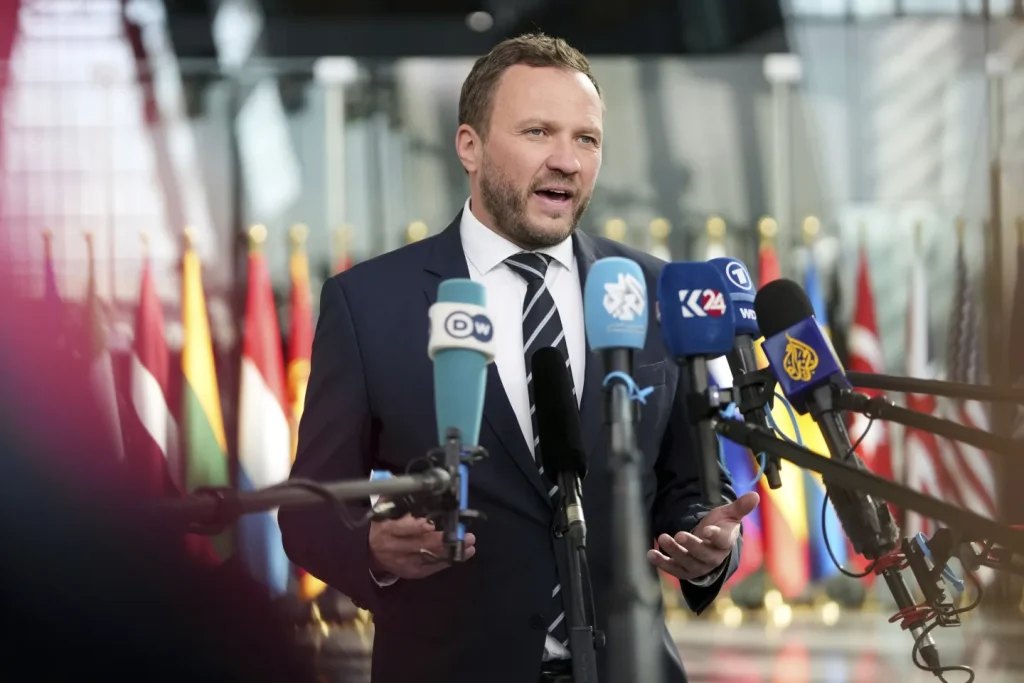Estonia summoned a Russian diplomat to protest after three Russian fighter jets entered its territory without clearance on Friday and remained there for 12 minutes, according to the Foreign Ministry.
Foreign Minister Margus Tsahkna said that while Russian aircraft have crossed into Estonia four times this year, “today’s incursion, involving three fighter aircraft entering our airspace, is unprecedentedly brazen.”
Estonian Defense Minister Hanno Pevkur wrote on X that the government would “start consultations among the allies” under NATO’s article 4 after Russian jets “violated our airspace yet again.”
The Estonian military said the incident took place near Vaindloo Island in the Gulf of Finland. Russian The MIG-31 fighters had no filed flight plans, flew with transponders switched off, and did not communicate with Estonian air controllers, reports AP/UNB.
Italian F-35s assigned to NATO’s Baltic Air Policing Mission scrambled in response.
Article 4, the shortest of the NATO treaty’s 14 articles, states that, “The Parties will consult together whenever, in the opinion of any of them, the territorial integrity, political independence or security of any of the Parties is threatened.”
Asked about the reports, US President Donald Trump told reporters, “I don’t like when that happens. It could be big trouble, but I’ll let you know later.”
Moscow has yet to respond publicly.
EU foreign policy chief Kaja Kallas denounced the incursion as “an extremely dangerous provocation” that “further escalates tensions in the region.” She warned, “On our side, we see that we must show no weakness because weakness is something that invites Russia to do more. They are increasingly more dangerous — not only to Ukraine, but also to all the countries around Russia.”
Estonia, along with Latvia, Lithuania and Poland, has been among Ukraine’s most vocal backers.
Military spokesperson Maj. Taavi Karotamm said the Russian jets moved parallel to the border from east to west but did not approach Tallinn, the capital. He suggested the intent might have been “to shift the focus of NATO and its members on to defending itself, rather than bolstering Ukrainian defense.”
“Russia’s increasingly extensive testing of boundaries and growing aggressiveness must be met with a swift increase in political and economic pressure,” Foreign Minister Tsahkna added.
The Russian charge d’affaires in Tallinn was summoned and handed a protest note.


